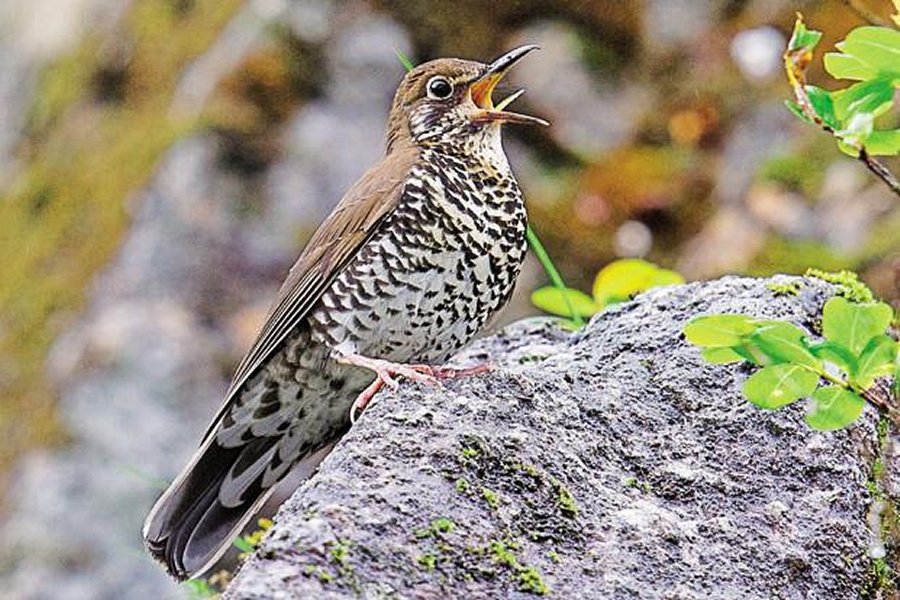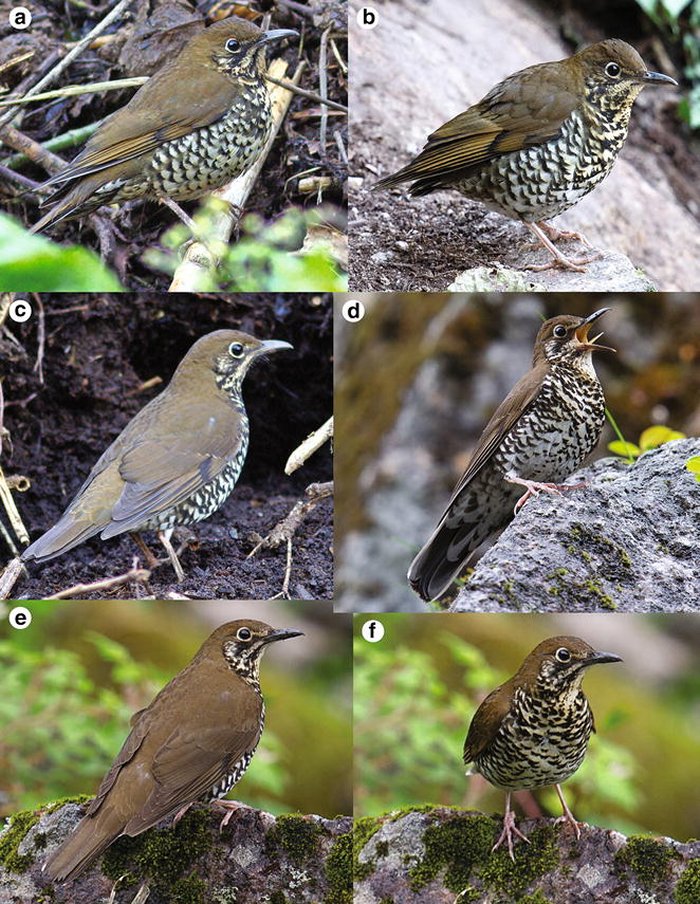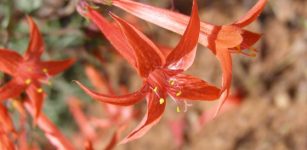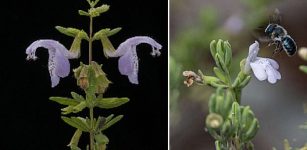A New Species Of Bird With Beautiful Whistling Song Discovered In Northern India And China
MessageToEagle.com – Himalayas Thrush is the name of a new species of bird that has been discovered by an international research team led by Uppsala professor of ornithology, Per Alström.
The researchers previously thought that it was a bird called Mountain thrush. There are, in fact, three: ‘Alpine Thrush’, Sichuan Thrush and the new Himalaya Thrush.

Himalayas Thrush, Zoothera salimalii, (its scientific name honors the great Indian ornithologist Dr Sálim Ali (1896-1987), was discovered during a field work at about 4,000 meters altitude in the eastern Himalayas, in the area around the border between northeast India and neighboring parts of China.
Further analyses of plumage, structure, song, DNA and ecology from throughout the range of the ‘Plain-backed Thrush’ revealed that a third species was present in central China. This was already known, but was treated as a subspecies of ‘Plain-backed Thrush’. The scientists called it Sichuan Forest Thrush.

The song of the Sichuan Forest Thrush was found to be even more musical than the song of the Himalayan Forest Thrush.
DNA analyses suggested that these three species have been genetically separated for several million years.
Genetic data from three old museum specimens indicated the presence of yet another unnamed species in China. Future studies are required to confirm this.
The Himalayan Forest Thrush is locally common. It has been overlooked until now because of its close similarity in appearance to the Alpine Thrush.
New bird species are rarely discovered nowadays. In the last 15 years, approximately five new species have been discovered annually on average, mainly in South America. The Himalayan Forest Thrush is only the fourth new bird species described in India since the country achieved its independence (1947).
MessageToEagle.com
source: Uppsala University










